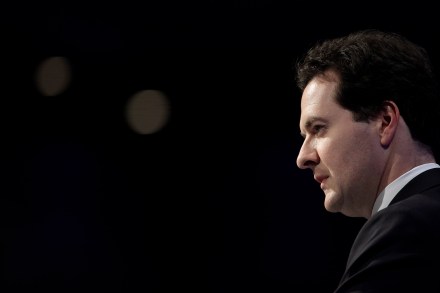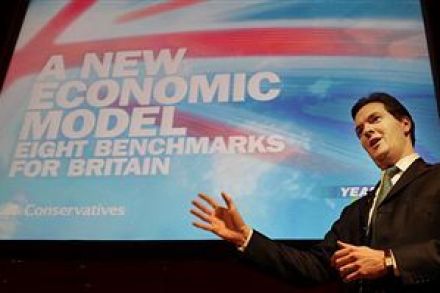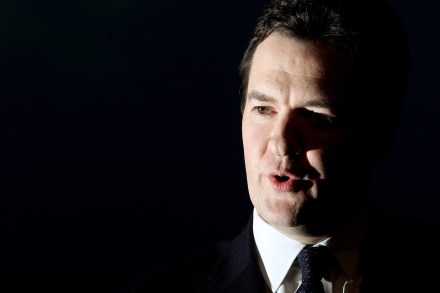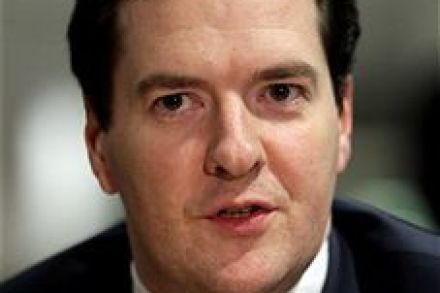A smart move by Osborne – but he needs to ready himself for his opponents’ attacks
There’s little doubting it: the Tory plan to (at least partially) reverse Labour’s national insurance hike has handed George Osborne a high-calibre weapon for tonight’s TV debate. It is, I suspect, an attractive and attention-grapping policy in itself. But it also helps the shadow Chancellor paint the Tories as the party of aspiration. Or, as Tim Montgomerie has put it: “Seven out of ten working people will be better off if Cameron becomes Prime Minister.” But announcing the policy this morning has also given Alistair Darling and Vince Cable a chance to very publicly denounce it later today. We’ve already had a preview of what’s likely to form the central

















